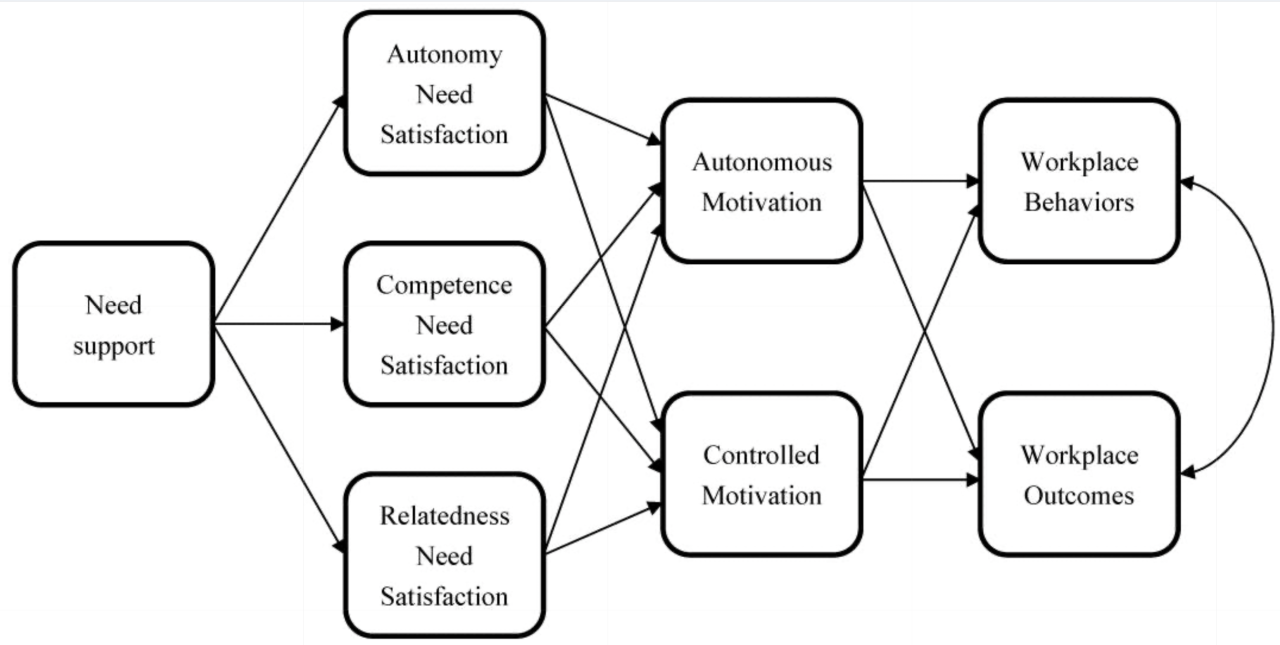Do you change your tech job every 2 years? why?

every leader is focused on attracting and retaining the best people. Yet many organizations struggle with high turnover and low employee engagement.
The average tech professional changes jobs every 1.5 to 2 years. This is often explained away as a natural byproduct of a fast-growing domain. But what if there's a deeper, more troubling reason? What if it's not just about the new opportunity, but about escaping an increasingly toxic environment?
The key to unlocking lasting engagement and superior performance is understanding the subtle, yet powerful, forces at play. This begins with two foundational concepts from organizational psychology: Theory X and Theory Y.
The Core Beliefs Shaping Your Organisational Culture
Decades ago, psychologist Douglas McGregor presented two opposing theories of human motivation that still define our workplaces today. Understanding them is the first step toward building a thriving culture.
- Theory X posits that employees are inherently lazy and will avoid work if possible. This mindset leads to a management style characterized by tight control, constant supervision, and a heavy reliance on external motivators like threats or rewards. It assumes that people must be directed and coerced to achieve company objectives.
- Theory Y presents a stark contrast. It holds that work is as natural as play or rest. Individuals are not only capable of self-direction and self-control but will actively seek responsibility. This perspective views employees as intrinsically motivated, creative problem-solvers who find satisfaction in a job well done.
While we may intellectually favour a Theory Y approach, many organisations still operate with an implicit Theory X mindset. In tech it is visually showcased with failed attempts to adapt agile - an excellent example of clash between theories.
When Y People Work in X Environments
Consider the ambitious, innovative problem-solvers your company hires. These individuals—your top talent—embody the very essence of Theory Y. They are passionate about their work, eager to take initiative, and committed to making an impact.
Yet, a culture steeped in Theory X can be a psychological pressure cooker for them. Just imagine a senior engineer who proposes a novel solution, only to be told, "Just do what's in the project plan." Or a marketing lead who is capable of running a campaign but is forced to get every piece of copy approved by three layers of management.
Over time, this environment chips away at their intrinsic motivation. The creative sparks are extinguished. The sense of ownership gives way to apathy. Their expertise is sidelined in favor of rigid processes and micromanagement. The result is a cycle of disengagement, frustration, and ultimately, a search for a new company that aligns with their professional values. They are not leaving the work; they are leaving a toxic work environment.
Motivation, Environment and Burnout
This is not only about beliefs, it's rooted in human psychology. Studies on human motivation and personality suggests that people can become self-determined when their needs for competence, relatedness, and autonomy are fulfilled.

When companies fail to create environments that support these needs—through micromanagement, dismissing expertise, or fostering distrust—they directly cause the psychological distress that leads to departure and in worst case burnout.
A comprehensive 2024 study published in Behavioral Sciences by McAnally and Hagger found that autonomous forms of motivation and basic psychological need satisfaction are consistently related to better employee performance, satisfaction, and engagement, while controlled forms of motivation and need frustration are associated with increased employee burnout and turnover.
When these core needs are not met, top talent does not simply become less productive; their well-being suffers. The search for a new role isn't just about progress; it's a profound search for an environment where these three needs are honoured and nurtured.
The numbers in tech tell this story clearly: the industry maintains a 13.2% annual turnover rate—among the highest across all sectors. Some major tech companies show turnover rates 17 -20% .
Each job change represents a Theory Y person conducting experiments to find an environment where their autonomy drive would be finally supported.
The Strategic Choice: Building a Theory Y Culture
As leaders, we have a choice. We can continue to operate with a Theory X mindset and accept the revolving door of talent, or we can make a conscious, strategic decision to build a Theory Y culture.
Change will be difficult, time and energy consuming, no doubt there. But I see Theory Y culture as only truly sustainable way or running organisation. It's a business-critical requirement for accessing and retaining top-tier human capital in knowledge work. Organizations that make this transition don't just retain talent; they become talent magnets, attracting the exact individuals who drive innovation, solve complex problems, and create sustainable competitive advantage.
Are you ready to build a company where talent doesn't just work, but thrives? I'm here to help you lead that change. It's the key to a future where you don't just fill roles—you build careers.
Categories: : burnout, motivation, talent, tech team, turnover, values
 Kris Corbus
Kris Corbus 







